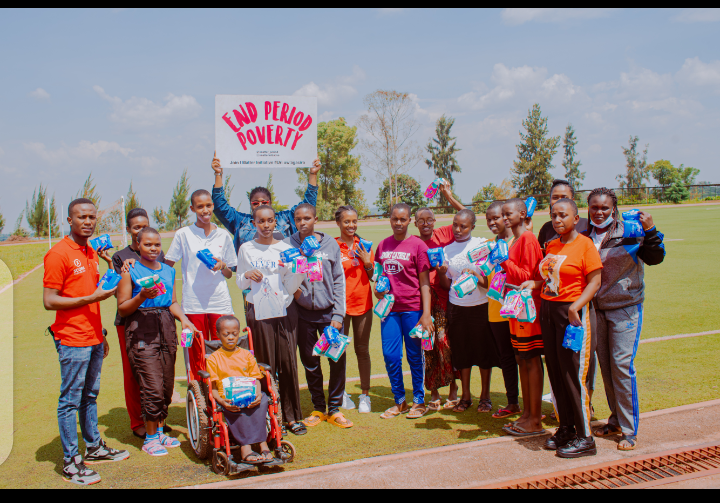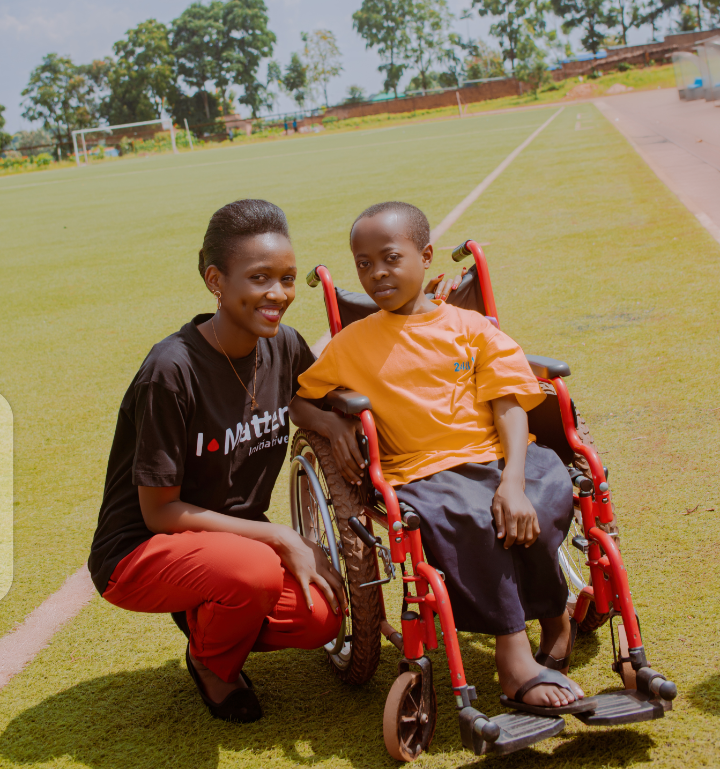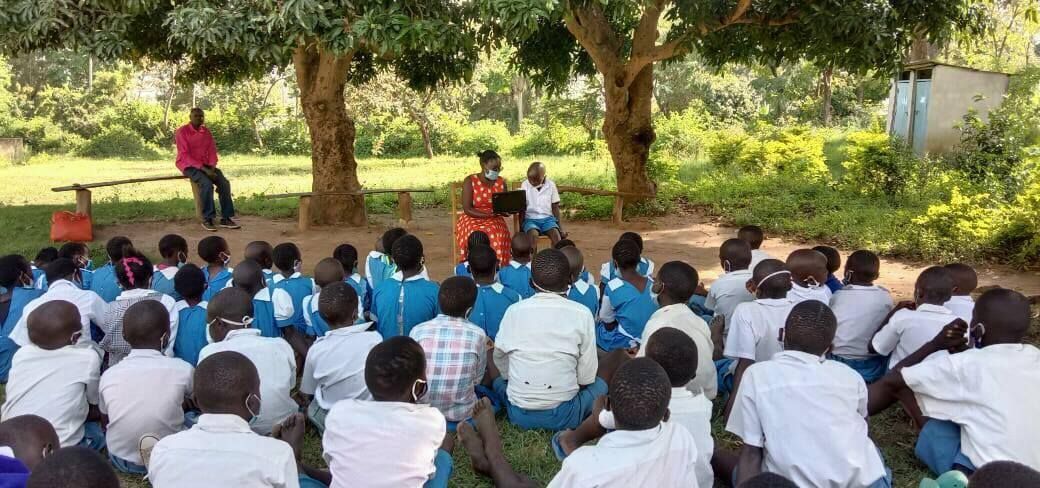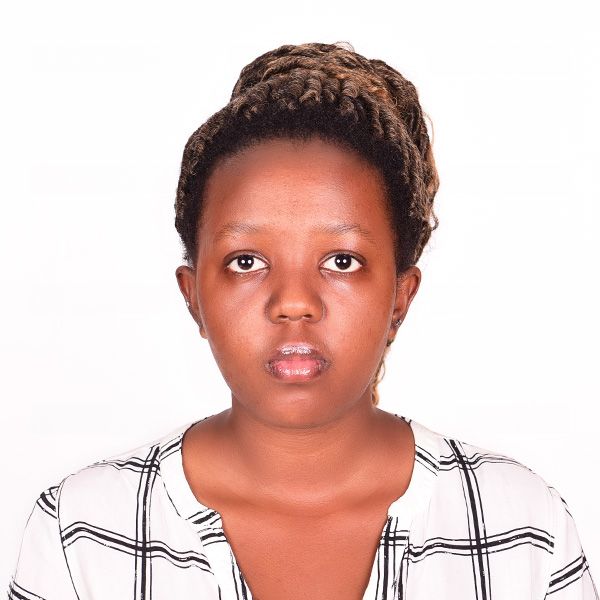Menstrual Health and Hygiene (MHH) is essential to the well-being and empowerment of women and adolescent girls. In total, an estimated 500 million lack access to menstrual products and adequate facilities for menstrual hygiene management (MHM) worldwide.
To effectively manage their menstruation, girls and women require access to water, sanitation, and hygiene (WASH) facilities, affordable and appropriate menstrual hygiene materials, information on good practices, and a supportive environment where they can manage menstruation without embarrassment or stigma.
Period poverty is an overwhelming concept in sub-Saharan Africa. This is when menstrual health management is linked to several Sustainable Development Goals, physical health and psycho-social well-being, quality education, gender empowerment and equality, water and sanitation, sustainable cities, and responsible consumption and production for the environment.
Women in resource-poor parts of countries in the region, owing to lack of availability of adequate products, use old clothes, paper, cotton or wool pieces, and even leaves to manage their menstrual bleeding. This situation is worse for school girls.

I Matter Initiative team donating sanitary pads at a school in Rwanda. Source: I Matter Initiative
I Matter Initiative: Stepping up to Support School-going Girls
In 2019, Divine Ingabire, the Executive Director of "I Matter Initiative" met Cynthia (not her real name), she was a 14 year old schoolgirl at the time living with her family of six in Rwanda’s rural Karongi. Cynthia was attending a nearby public secondary school. She walked for two hours every morning to get to her school.
Despite the long distance and family conflicts at home, Cynthia was a passionate ambitious student, until her period came and forced her to miss school often. Cynthia's menstrual days are a nightmare because she has to stay home, sometimes suffering from severe cramps, and still has to take care of her siblings and help her parents.

Divine Ingabire, poses with a beneficiary of the I Matter Initiative. Source: I Matter Initiative
Cynthia’s parents work hand-to-mouth jobs and cannot afford non-basic things like menstrual pads. Her mother gives her Rwf2000, the equivalent of $2, at the beginning of the school trimester which lasts for three months. The student uses the money to buy school equipment and is left with no money for menstrual pads.
As an alternative, Cynthia opted to use old pieces of clothes as menstrual towels. A few months later when she met Divine Ingabire, Founder of the "I Matter Initiative" that set out to end period poverty in Rwanda, she developed an infection from unsanitary pieces of clothes she used.
“When I met her, her situation had taken a toll on her studies and mental health. She was depressed and frightened and didn’t have anyone to talk to about what she was going through. Her grades in school were dropping, she was helpless,” Ingabire told Andariya in an interview.
I Matter Initiative now provides Cynthia with packs of pads every month, she is able to attend school every day and is getting ready for next year’s national exam. Cynthia is one among more than 1,500 girls from across Rwanda who get sanitary pads every month from Ingabire’s initiative. She has made it her life mission to make sure girls do not miss out on opportunities because of period poverty.
The Menstrual Health and Hygiene Question
While Rwanda has been commended for quickly closing the gender gap and offering opportunities to girls and women, period poverty continues to be a real obstacle to girls who hail from poor families. More than 30 percent of Rwanda’s 12.9 million population live under the poverty line, needless to mention, this exacerbates period poverty for women and girls.

The I Matter Initiative team during a campaign against period poverty. Source: I Matter Initiative
Unfortunately, period poverty is not specific to Rwanda. According to UNESCO data, 1 in 10 girls in Sub-Saharan Africa misses out on school due to period poverty. Just like Ingabire has embarked on reversing this reality, on the other side in western Kenya’s Kakamega County, Mildred Okwako, a primary school English teacher has taken a similar initiative.
At Namundera Village Primary School, Okwako founded B2G for Literacy Initiative which provides reusable sanitary pads, counseling, and psycho-social support to girls from age 9. Okwako, a 35-year-old teacher, told Andariya that she developed her passion for girl child empowerment because of her personal childhood story. Like many girls in her county at the time, she almost became a victim of child marriage.
“My father attempted to marry me off when I was 14 years old. He believed marriage was the noblest thing his daughter could do. But because I was known for being brilliant in class, my teachers protested and advocated for me with my family. I was the first woman to attend university in my village at the time. I would never wish for a girl to miss out on an opportunity just because she is a girl and looked down upon by their family,” Okwako recounts.
Lack of Support for Menstrual Hygiene
At Okwako’s school, out of 30 teachers, only 5 are women. She is barely supported either by the school or local authorities even though she has managed to bring back to school 78 girls who got pregnant and dropped out during the COVID-19 pandemic.
“It is a lot of work, and in addition to poverty, the girls’ families still have a problematic mindset. Convincing them that a girl should return to school, even after giving birth, instead of getting married is the hardest part. Extra support would make my work more effective,” Okwako said.

Okwako interacting with pupils of Kab primary school in Kenya. Source: B2G for Literacy Initiative
Okwako continues to pursue funding to expand her support to girls. She spends approximately KSh10,000 ($82) per month out of her KSh25,000 monthly salary to buy sanitary pads for girls in her initiative. Like her, Ingabire is struggling to afford to support girls as prices of pads and everything else in Kigali continue to increase.
“I wonder how many girls we would be able to help if we had support and funding. It would be life-changing for our beneficiaries,” said Ingabire of I Matter Initiative. Her team has distributed donation boxes in shops, malls, and pharmacies across Kigali to encourage people to donate either money or sanitary pads. She says donations are still low.
A rapid assessment of the status of Menstrual Health Management in Rwanda conducted by the Swiss Tropical and Public Health Institute (Swiss TPH) indicated that a pack of single-use sanitary pads costs between Rfw700 (71 US cents) and Rwf1000 ($1), roughly a day’s wage for many women, putting it out of reach for many. It also indicated that in some families and refugee camps, parents prioritize food over such MHM needs and this often leads to girls feeling neglected and pushes some to resort to sex in exchange for commodities. The research shows that cheap reusable sanitary pads manufacturers have suspended activities due to a lack of official regulations on standards.
Though the research was not extensive, it gives the country an opportunity to do quantitative or qualitative research to address the underlying aspects, especially persistent issues of high prices of sanitary pads, menstruation being considered a taboo, and non-involvement of men in supporting women during the menstruation periods.
Conclusion
Poverty, shame, stigma, and misinformation surrounding menstruation continue to contribute to serious human rights concerns for women and girls. period shame and misinformation undermine the well-being of women and girls, making them vulnerable to gender discrimination, child marriage, exclusion, violence, and untreated health problems.
Menstruation taboos in some communities keep women and girls from touching water or cooking, attending religious ceremonies, or engaging in community activities. These taboos reinforce gender-based discrimination, perpetuating the idea that menstruating women and girls are unclean.
Both Okwako and Ingabire envision a world where girls are enabled and given equal starting ground as boys to achieve their full potential. With little to no external support, they have managed to change the lives of hundreds of girls with just a pack of sanitary pads.
The cost of menstrual products may also contribute to the perception that daughters are economically burdensome. Governments and other stakeholders need to address the cost of menstrual products that in the end exact a toll on the health and safety of vulnerable women and girls.
Governments in sub-Saharan Africa need to pass and implement policies and regulations in an effort to make menstrual products affordable, accessible, and safe. Effective policies complement broader efforts to expand information and knowledge on menstrual health and hygiene and help to overcome stigma and taboos.
